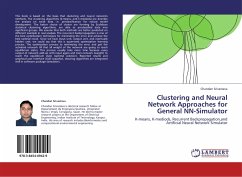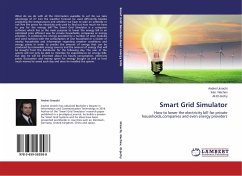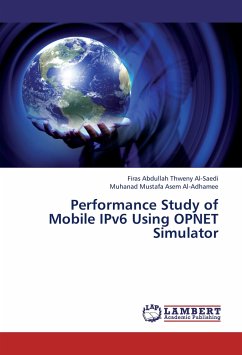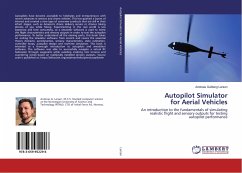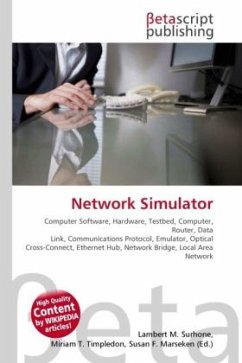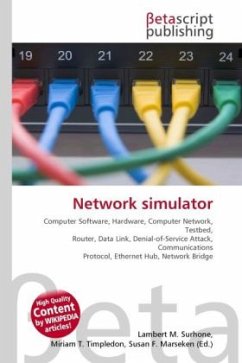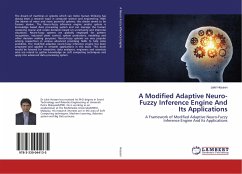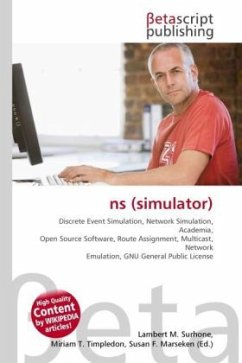This book is based on the basis that clustering and neural networks methods. The clustering algorithms (k-means, and k-medoids) are describe the analysis on noise data i.e. preclassification for robust model development. The better choice of cluster are forming by Euclidean statistical clustering algorithms, are able to preclassified data into significant groups. We assume that both methods are better predicted on different example in real analysis. The recurrent backpropagation is one of the best optimization techniques for minimizing the error and achieve the best optimal result. Since we have input unit, output unit, and eventually hidden unit; we could say that this is supervised optimization learning process. The optimization process to minimizing the error and get the activated network till that all weight of the network are going to reach equilibrium state). This process usually take more time because every output of network add-up with input again and train network (weight) to reach the equilibrium state (optimal solution).Reported results and graphical user interface (GUI) snapshot, showing algorithms are integrated well in software package (simulator).
Bitte wählen Sie Ihr Anliegen aus.
Rechnungen
Retourenschein anfordern
Bestellstatus
Storno

